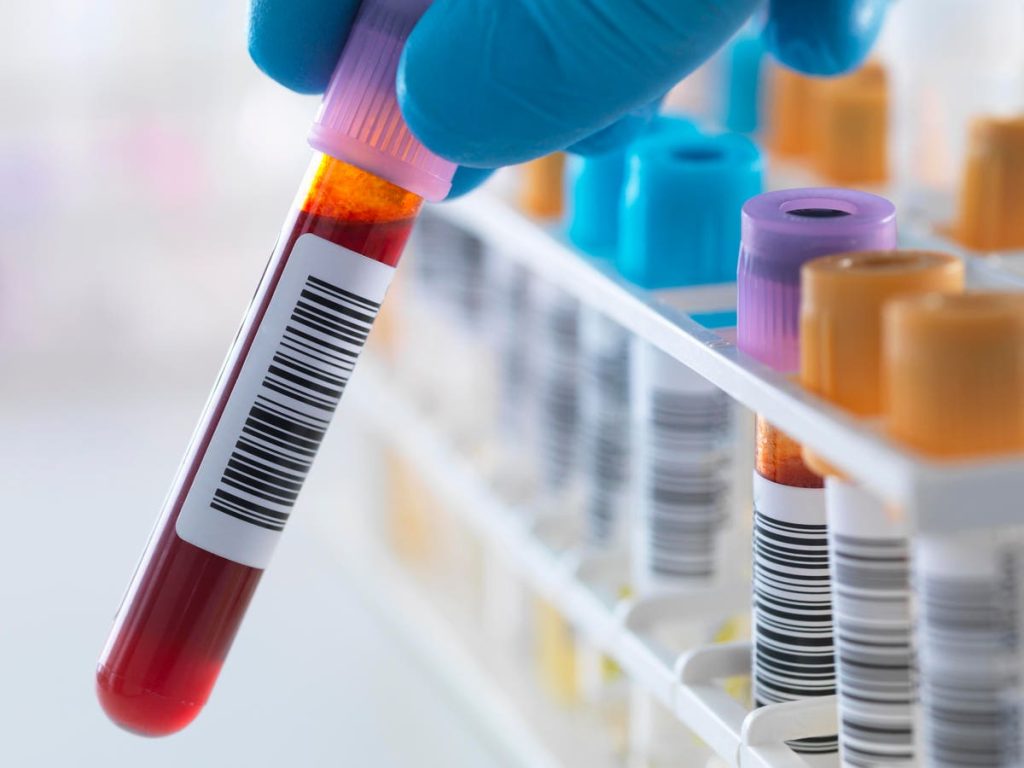New research published in Nature Communications suggests that the presence of certain proteins in the blood could indicate the presence of cancer several years before it can currently be diagnosed. Researchers from the University of Oxford’s population health department analyzed blood samples from over 44,000 participants, including almost 5,000 people later diagnosed with cancer. By using proteomics and machine learning, they identified 618 proteins associated with cancer, with 107 detectable up to seven years before diagnosis.
According to Professor Ruth Travis, senior molecular epidemiologist at the University of Oxford, understanding the factors driving the early stages of cancer development is crucial for prevention. The research provides new insights into the causes and biology of multiple cancers, highlighting the potential to detect cancer much earlier than current methods. The second study focused on a database of genetic data from 300,000 cancers, identifying 40 proteins associated with the development of various cancer types, including 21 proteins linked to a higher risk of breast cancer.
Of the 40 proteins identified, 18 are already targeted by existing drugs, suggesting the potential for early detection and treatment of cancers several years before traditional diagnosis. Iain Foulkes, Executive Director of Research and Innovation at Cancer Research U.K., emphasized the importance of identifying molecular signals for early cancer detection. While these discoveries represent a crucial first step towards preventive therapies, more research is needed to evaluate the implications of targeting these proteins with drugs in otherwise healthy individuals.
The research findings highlight the possibility of personalized treatments based on the presence of specific proteins in the blood, with the potential to revolutionize cancer prevention and early detection strategies. However, caution is advised regarding the use of drugs targeting these proteins in healthy individuals, as potential side effects need to be carefully considered. Continued research in this area may lead to the development of tailored treatments to prevent the development of cancer and offer individuals longer, better lives free from the fear of the disease.
The studies offer valuable insights into the molecular signals associated with different cancer types, providing a foundation for future research into preventive therapies and personalized treatment approaches. Detecting cancer at its earliest stages is crucial for improving outcomes and reducing the impact of the disease on individuals and healthcare systems. The discoveries from these studies have the potential to revolutionize cancer care and offer new hope for early intervention and personalized treatment strategies to prevent cancer development and improve patient outcomes.


